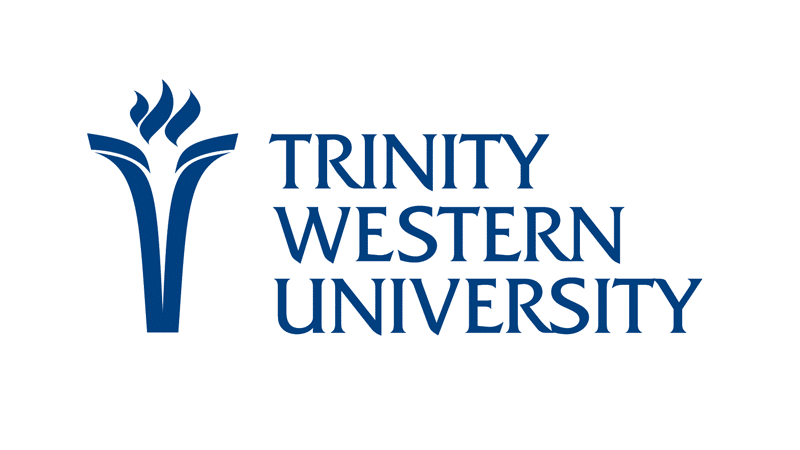Law school graduates at a Christian university in Canada will have their degrees officially recognised after a recent legal victory.
Trinity Western University (TWU) in British Columbia (B.C.), won its appeal against a ruling which said that graduates from a proposed law school would not be given legal accreditation.
TWU, which aims “to develop godly Christian leaders” through its “Christ-centred approach to education”, has previously faced opposition from other law societies in Canada.
Biblical marriage
Judges in the Appeal Court of British Columbia unanimously ruled that the attempt to deny accreditation to the university’s law graduates was “unreasonable”.
The dispute began because of TWU’s ‘community covenant’, which requires students to abstain from sexual intimacy outside of biblical marriage.
In a 44-page judgment, the judges stated that: “A society that does not admit of and accommodate differences cannot be a free and democratic society – one in which its citizens are free to think, to disagree, to debate and to challenge the accepted view without fear of reprisal.
“This case demonstrates that a well-intentioned majority acting in the name of tolerance and liberalism, can, if unchecked, impose its views on the minority in a manner that is in itself intolerant and illiberal.”
’Unanimous’
Earl Phillips, the executive director of TWU’s proposed School of Law, welcomed the ruling in a statement that said: “The Court of Appeal unanimously agreed that the Community Covenant is not a breach of the Charter of Rights and Freedoms.”
He added: “It is not unlawful discrimination. Further, they ruled that the majority must not be allowed to defeat the rights of the minority TWU community to honour its own values.”
Amy Robertson, a spokeswoman for TWU said: “The freedom to believe as we choose and practice accordingly is one of the most profound privileges we have as Canadians. We are a diverse, pluralistic society, committed to respecting one another even when we disagree. This is something people in many other countries don’t enjoy.”
The B.C. Law Society said the court ruling “adds another dimension to an already complex issue”, and have begun the process of appealing the decision to the Supreme Court of Canada.
’Sacred to us’
In September, a decision to bar TWU graduates from practising law in Nova Scotia was overturned by the Nova Scotia Court of Appeal.
The Nova Scotia Barristers’ Society had attempted to deny accreditation to legal students of TWU.
Responding to claims that the university discriminated against LGBT people, Amy Robertson said at the time: “We are not making a statement about LGBTQ people; we are making a statement about traditional Christian marriage, which is sacred to us.”
Several other provincial law societies have already accredited the university including: Alberta, Saskatchewan, Quebec, New Brunswick, Prince Edward Island and the Federation of Law Societies of Canada.

